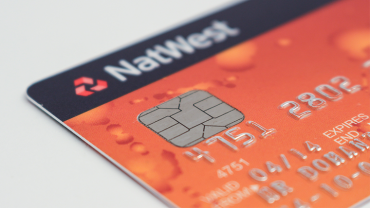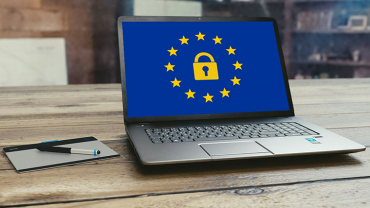Cruel cyber scammers are taking advantage of the COVID-19 crisis by sending fraudulent emails to trick you into clicking in malicious links or opening dodgy attachments.
Many claim to be from WHO (World Health Organisation) asking for donations and inviting you to click on the link provided. Make sure the link starts with ‘https://www.who.int’. Better still, navigate to the WHO website directly, by typing ‘https://www.who.int’ into your browser.
WHO’s Dos and Don’ts
It is imperative to verify a person or organisation before responding to any email because by doing so you could reveal your username and password, which can then be used to extricate money from your account and access sensitive information.
According to WHO it will never:
- Ask for usernames or passwords from anyone
- Email attachments that haven’t been requested by you from them
- Charge money for a job application, conference registration or hotel reservation
- Conduct lotteries, offer prizes, certificates, funding or grants via email
COVID-19 Solidarity Response Fund
The only call for donations WHO has issued via the internet is the COVID-19 Solidarity Response Fund and this can only be accessed through the official WHO website www.who.int.
There have been reported cases of scammers claiming to represent WHO or the COVID-19 Solidarity Response Fund and might try sending you an invoice requesting payment on behalf of the charity. Just remember, that WHO or its affiliates the UN Foundation or the Swiss Philanthropy Foundation will never contact anyone for their credit card or banking details. If you want to legitimately give to the prementioned charities, then go straight to the WHO website.
Check the Address
WHO recommends you always check the sender’s email address. It should have the person’s name followed only by @who.int. If there is anything other than who.int after the @ symbol, the email is from a scammer. WHO will never send emails ending in .com or .org.
Sadly, criminals can go one step further and can forge the “from” address on email messages to make them appear to be from someone at WHO. So, just be alert and ask yourself if you have requested information from WHO recently, as it is highly unlikely, they will be sending you any unsolicited emails.
Malware Attacks
In this current crisis it is not only cyber criminals looking to glean your personal information through ill-gotten means, there are also attackers out there who need to hack into your computer to install malware on it. Malware can be any type of malicious software created specifically to harm or exploit any device, service or network that is programmable.
Report the Scam to WHO
If you have been approached at any time during this COVID-19 crisis, WHO says you should report this potential fraud with them immediately. They have a team dedicated to dealing with scamming, so you will be in safe hands. By reporting any suspicious activity, you will be helping the organisation track down and prevent any other unsuspecting people from being scammed in the name of a worthy charity.









